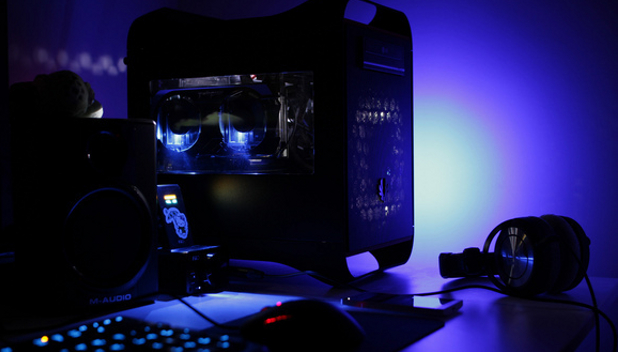 The PC market has continued its downward trajectory with the latest figures from Gartner and IDC confirming that unit shipments declined by somewhere between 8% and 10% in 2015. IDC pointed out that last year’s total of less than 300 million units was the worst since 2008. For its part, Gartner reported that 2015 was the fourth year in a row that PC shipments had declined.
The PC market has continued its downward trajectory with the latest figures from Gartner and IDC confirming that unit shipments declined by somewhere between 8% and 10% in 2015. IDC pointed out that last year’s total of less than 300 million units was the worst since 2008. For its part, Gartner reported that 2015 was the fourth year in a row that PC shipments had declined.
The rate of decline in EMEA was even higher (Gartner put it at 16%) as the market struggled with high inventory levels of Windows 8 machines. While shipments in the US market also declined, IDC said the the fall was less dramatic at just over 4% (3% according to Gartner).
In terms of vendors, the top four worldwide companies (Lenovo, HP, Dell and Asus) increased their market share slightly, even though overall shipments declined. Apple was the only vendor in the top five to increase shipments and market share, growing its worldwide share to either 7.5% (IDC) or 7.2% (Gartner).
Apple’s US shipments in Q4 accounted for 38% of the worldwide units it shipped, up slightly from 37% in 2014, HP remained constant at 32% while Dell’s US unit shipments rose slightly to 40% of its global total. By contrast, US shipments accounted for only 14% of global PC leader Lenovo’s overall total.
In addition to the Windows 10 effect (the free OS upgrade gave users a ‘new’ PC without having to buy new hardware), IDC and Gartner pointed to the impact on the market of factors such as falling commodity prices and weak international currencies.
The Windows 10 effect was bound not to affect Apple shipments but the Mac maker had its own free OS upgrade this year with El Capitan which did not dent shipments. In addition, Apple’s shipments increased despite the fact that its iMacs, Macbooks and Macbook Airs are widely believed to be markedly more expensive than rival offerings from PC vendors.
Jay Chou, research manager, IDC Worldwide PC Tracker, suggested Apple’s emergence as a top five global PC vendor at a time when the lifetimes of mainstream desktop and notebooks is being stretched ever longer, “shows that there can be strong demand for innovative, even premium-priced systems that put user experience first”.
Apple’s success is intriguing because it suggests there is a sweet spot in the market where a premium vendor can achieve unit growth even in a declining market. If so, that might also be true for the tablet, smartphone and wearables markets even if, or when, they come to be overwhelmingly dominated in unit terms by Android vendors in the future.
Those observers who all too frequently urge Apple to abandon its longstanding strategy and manufacture lower-priced products might want to bear that in mind. The fact is, there’s room for a vendor like Apple to do very well in the PC market (and the smartphone, tablet and wearables markets) without having to compete in volume terms with the likes of HP or Lenovo (or Samsung or FitBit). Just as there is for the likes of BMW and Mercedes in the car market.
Apple has made a very successful living by developing products that give specific markets credibility and generate mass enthusiasm and adoption of them. But that’s only one half of the equation. The other is that it has protected that success (for the most part) by avoiding the temptation to play in the low cost, low profit, mass volume parts of those markets when they become more commoditised. That’s a strategy which is not likely to change any time soon.







Subscribers 0
Fans 0
Followers 0
Followers